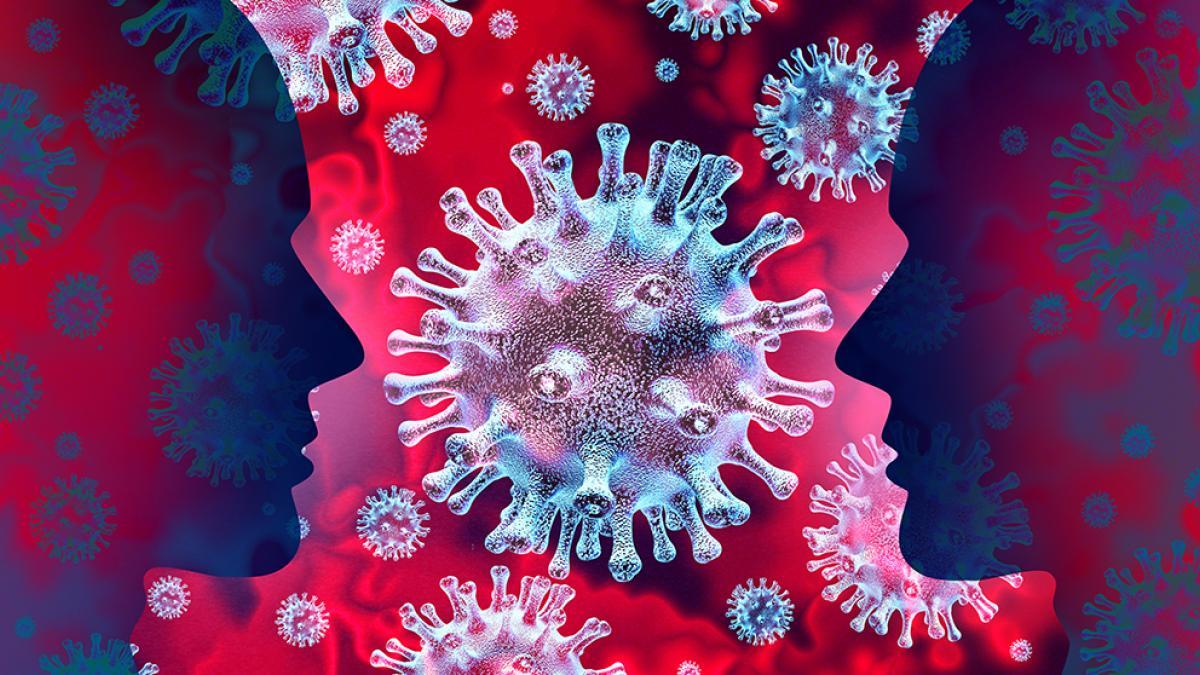
Staying Resilient During Challenging Times
I’ve been talking to so many people about what we can do for ourselves in these strange and challenging times. I’ve found myself going back to some key basics drawing from my background in kinesiology, stress management, resilience coaching and mindfulness.
As a start, it’s helpful to have some understanding of our nervous system and evolutionary neurobiology. Basically, why our brains are wired the way they are.
Many will know that we are wired with a biological response to stress – to fight or flee (sometimes freeze) in circumstances in which we perceive a threat. Our circumstances today have us on high alert almost 24/7 as we worry about our health, livelihoods, families, communities, finances and so much more. This means that our stress response is in constant threat mode. Where the stress response is helpful in real life-threatening situations, it is debilitating when on overload. We see the toll it takes in our anxiety levels, inability to focus, difficulty sleeping, irritability…the list goes on.
What’s more – as humans we are wired to experience stress when we perceive uncertainty and a lack of control. We have both of these elements in spades right now!
The research is clear that we need to find ways to ease the constant sense of stress we’re under, to soothe our collective nervous systems, and shift our focus to what is within our control. So, what can we do to stay healthy, resilient and focused over the next weeks and months?
There are many strategies we can use. As always, it’s important to find what works for you. I’ll share 4 research backed practices here:
- Get out of your head and into your body. I’ve personally found this to be the most helpful tool right now. One of the best ways to ease anxiety is to move your body – even 30 minutes a day – in a safe and ‘physically’ distanced manner of course. There are so many fabulous on-line videos to take advantage of for every work-out preference. Have fun mixing it up indoors or get out for a run or walk.
- Practice Gratitude – Reflect on all that is well in your life. Try the 3 Good Things exercise of listing 3 things that went well at the end of the day or which brought you joy. It can be as simple as cuddling with your dog in the morning. This will provide you with a boost of positive emotions and a decrease in your stress response.
- Have and maintain rituals – rituals bring us a measure of control and predictability. In times of uncertainty they provide us with a sense of focus and allow us to look for what we can control amidst a sea of uncontrollable factors.
- Connect with others – I’ve heard it said that instead of referring to social distancing – that we re-frame this to ‘physical distancing.’ We need to continue to reach out and connect with others – by phone, virtually, chatting to neighbours from our porches – more than ever. Humans are wired for connection and reaching out to others Is one of the most significant behaviours we can employ for increased well-being. If you haven’t yet seen Ted Waldinger’s Ted Talk, I highly recommend it.
Below are two excellent articles with more relevant information on staying healthy and resilient during covid-19.
https://www.adaptivlearning.com/blog/6-ways-to-stay-safe-sane-and-resilient-in-the-covid-19-crisis
https://www.nytimes.com/2020/03/23/smarter-living/coronavirus-coping-tips.html
As a certified health and resilience coach, I am here to offer support. If you would like to increase your coping mechanisms during this difficult time, please reach out.
Be well and stay safe!



